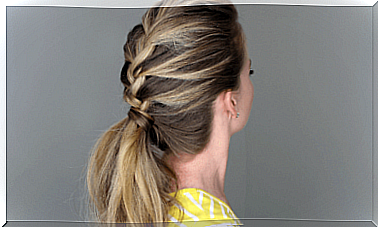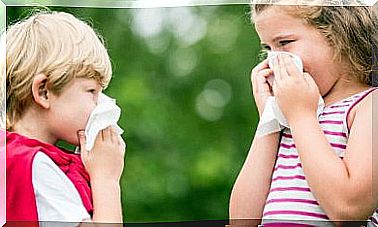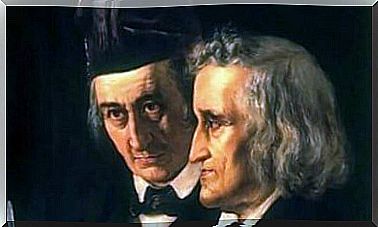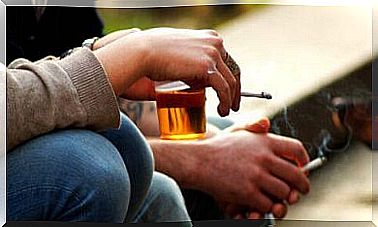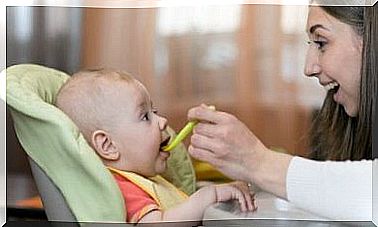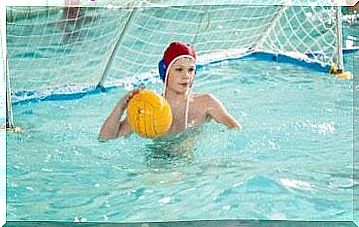Pacifier Myths And Truths – Parenthood
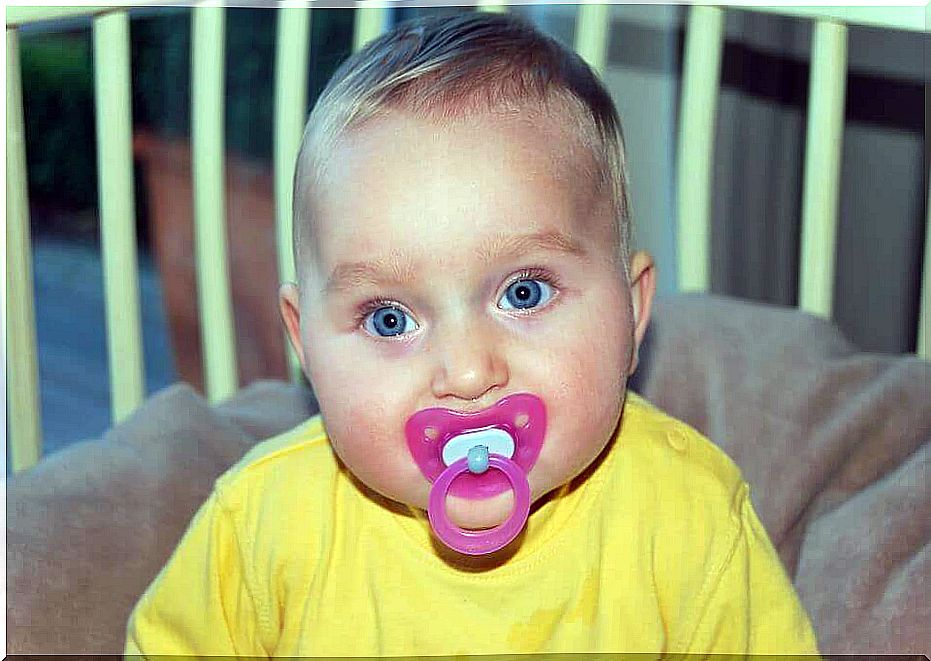
From birth, many parents choose to give their babies a pacifier to help them calm down and to comfort them when in pain.
In addition, the pacifier is a way to prevent babies from developing the bad habit of sucking the thumb, even if some are born with it. And if you have decided to give your baby a pacifier, you may have heard all kinds of things about her.
There are a lot of moms who think pacifiers are a bad idea for babies and should give up using them. The reality is that the pacifier can be very useful when the baby is sleeping, when he is sick or just to calm him down when he is very nervous.
Note: The pacifier will not affect the baby’s teeth or language development or anything else.
Pediatric dentists and pediatricians will tell you that a pacifier will always be a better option than sucking on your thumb or fingers.
Let’s take a look at the myths and truths about the pacifier.
Your child will not want to stop the pacifier
Myth. Have you ever seen a 10 year old boy sleeping with a pacifier? Probably not. On the other hand, a baby who sucks his finger risks perpetuating this bad habit for many years.
This can both cause joint problems and deformity of the gums, as well as alter the alignment of the teeth.
The pacifier helps babies calm down with the suction which is psychologically soothing. Using the pacifier will only become a problem if you use it for too long.
It is therefore recommended to limit the use of the pacifier in babies and children. But it is not a problem for them to have a pacifier when they are in their bed or in their crib, especially since it can help prevent Sudden Infant Death Syndrome.
If you are breastfeeding, it will not catch the nipple well
True. When you are breastfeeding, you should wait at least two weeks before inserting the pacifier. Or wait until the baby has assimilated the nipple sucking mechanism, differentiating the two suction mechanisms.
Some pacifiers are better than others
True. Some pacifiers are indeed better than others. Teats that are too small, for example, present a risk of suffocation for the baby.
You should provide your child with an age-appropriate pacifier. The pacifiers should also be strong enough so that there is no risk that they break in your baby’s mouth.
Pacifiers are bad for children’s teeth
Myth. Pacifiers do not affect your child’s teeth. Or unless you soak them in sweet juice, which could cause cavities …
However, there is a grain of truth in this myth, because if the baby uses the pacifier constantly, it could cause narrowing of the upper palate, displacement of teeth, poor posture on the tongue … but only if you do so. use too long.
Do you know of another pacifier myth or truth that you want to share with us? Remember that when you want your child to stop the pacifier, you will need to do it slowly and gradually.
